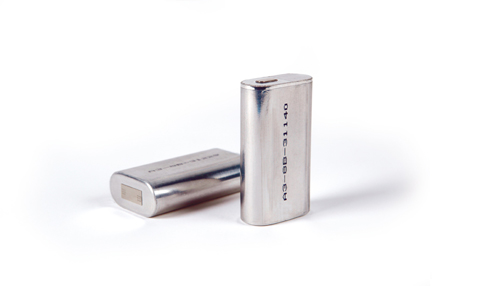Who knew? According to research from Resonate Networks, online communities dedicated to environmental issues and awareness are not the best places to find and communicate with green consumers. Now what? Where do you go to find these people? Social networks.
As reported in MediaPost, green consumers (defined as those who look for products with an actual — and I assume measurable — environmental benefit) said that they spend less than 1% of their time online reading the content of green sites. Instead, they are active participants (just over 15% of their time) in social networks.
In other words, companies marketing green products will have to do it the hard way — make a great product and let consumers spread the word for them. On the downside, it’s not a strategy you can control, and you’d better be telling the truth (the firm, which provides online ad targeting based on its research on consumer attitudes, also found green consumers to be more skeptical than non-green consumers about brand claims). On the upside, if you really do, in fact, have a great product, this can work.
I like the idea of social media as being like a filter for truthfulness in marketing. If you’re just greenwashing, you’re going to get weeded out by the green community before you get “liked,” Tweeted, or a thumbs up. Even worse for greenwashers, their passion for the environment could result in negative word of mouth over which you have no control.
I recently read a blog by one of the marketing gurus who recommended that every brand do a Twitter search on “[your company name] sucks” at least once per month. That not a search you want to be found in!
I guess the message is — if you’re marketing green products, tell the truth! Light and dark green consumers in the social networks are watching you.








